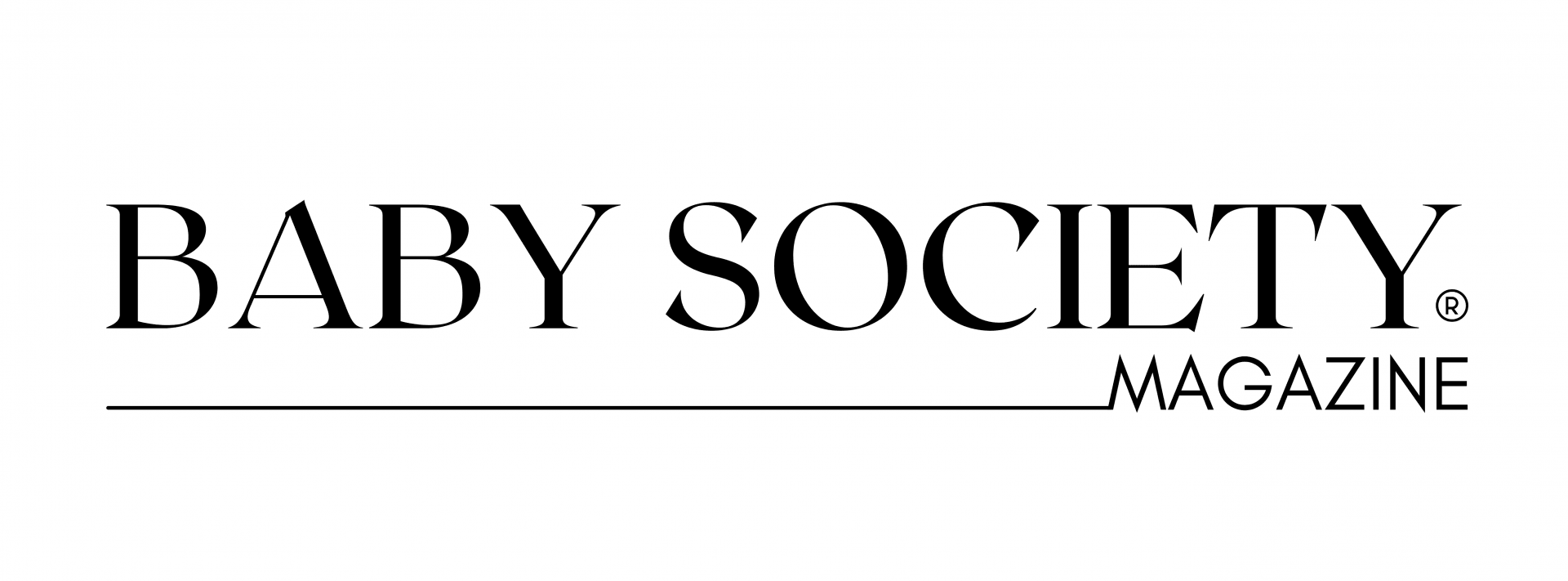“No spicy foods. No cold drinks. Avoid onions and garlic. Oh, and by all means, don’t you dare put a drop of alcohol in your mouth if you’re breastfeeding.” If you’re a breastfeeding mom, you’ve heard and read it all about what’s safe to consume … and especially what’s not. It’s hard to determine which sources of information to trust — even your friends give advice out of the blue.
Let me simplify this for you, so you can eat foods other than dry toast and not worry.

Keep this saying in mind: “If it ain’t broke, don’t fix it. If you do, you might break it.” There’s no research that states any of the above restrictions are true. In fact, we support moms eating whatever they want and have that drink, if they need it! However, if you believe that eating cheeseburgers, processed foods and tons of sugar are the best ways to optimize your health, we may encourage you to think otherwise.
It’s best to take care of yourself and eat a healthy diet. By doing this, you’re less likely to have a baby who is sensitive to foods. This stands true for most cases, anyway. We only suggest limitations if the baby is showing symptoms of food sensitivities: increased spitting up, gassiness, fussiness, green, bloody or slimy/mucous stools, or even a body rash (it’s very rare for baby to get a severe reaction from the foods in mom’s diet).
According to the Academy of Breastfeeding Medicine, if there are symptoms, only then do we encourage an elimination diet, starting with ONE FOOD at a time. The first to go are cow-milk products. Yes, cheese has to go. Cow-milk products are the most common food allergens in humans.
Some other common triggers can include: soy, wheat, corn, and nuts. We encourage the single food to be eliminated for a minimum of 2 weeks and up to 4 weeks in order to see it clear from baby’s system. It can take 72-96 hours to notice a change if said food item is a trigger.
So why is it that some babies are sensitive to foods and some are not? We don’t exactly know, but we believe the source of the problem does come back to mom. If baby is sensitive to something then it’s likely that mom is sensitive to it as well. Maternal inflammation can transfer over to the baby. We believe that when we “heal the mom, we heal the baby.” Jennifer Tow, IBCLC coined and actually published information on this topic in 2014 “Heal the mother, heal the baby: epigenetics, breastfeeding and the human microbiome.”
We may have opened a can of worms that can be difficult to summarize. In short, we help support mom by eliminating the triggers and improving her gut health to help heal the baby. The healthier we are (and healthier we eat), the healthier our babies and even our milk is.

